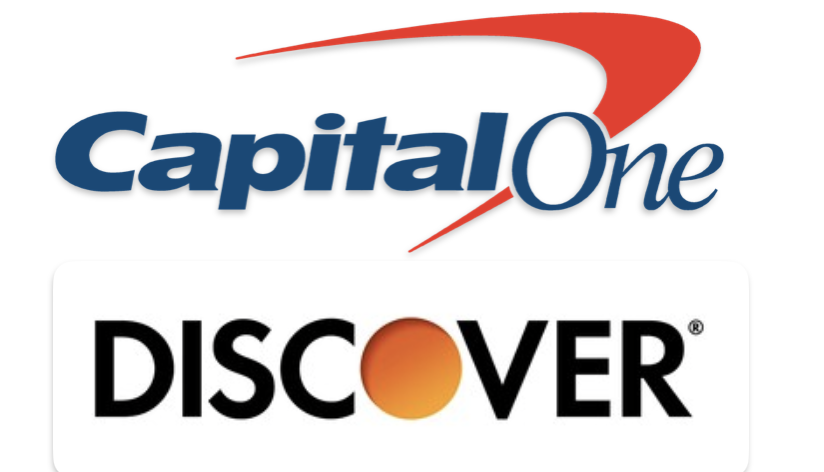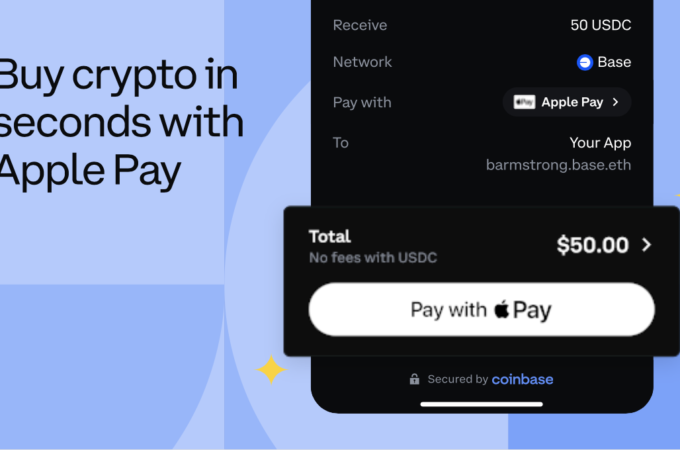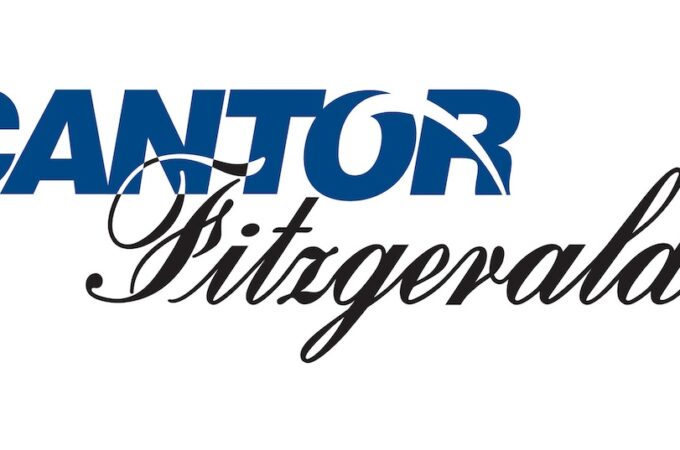
Capital One Acquires Discover for $35 Billion
Capital One Financial Corporation and Discover Financial Services have announced a monumental agreement, with Capital One set to acquire Discover in an all-stock transaction valued at $35.3 billion. This acquisition is poised to reshape the landscape of the credit card industry, marking a significant consolidation of two major players.
Under the terms of the deal, Discover shareholders will receive 1.0192 Capital One shares for each Discover share, representing a premium of 26.6% based on Discover’s closing price of $110.49 on February 16, 2024. Once finalized, Capital One shareholders will own approximately 60% of the combined company, while Discover shareholders will hold the remaining 40%.
Richard Fairbank, founder, Chairman, and CEO of Capital One, expressed enthusiasm about the acquisition, emphasizing the opportunity to merge two successful companies with complementary capabilities. He highlighted the creation of a robust payments network capable of competing with the largest players in the industry.
Discover, with its extensive credit card network boasting 305 million cardholders, presents an attractive proposition for Capital One, which is already one of the nation’s largest banks. The acquisition provides Capital One access to Discover’s payment network, reducing reliance on existing giants like Visa and Mastercard.
However, the deal has sparked concerns among consumer advocates and lawmakers about potential antitrust issues. Some worry that a merger of this magnitude could further consolidate the credit card market, leading to reduced competition and potentially higher fees and credit costs for consumers.
Despite these concerns, Capital One remains optimistic about regulatory approval, with plans to file formal paperwork with regulators in the coming months. The company believes the acquisition will generate significant financial synergies, including expense synergies of $1.5 billion and network synergies of $1.2 billion by 2027.
The proposed acquisition has already garnered attention from industry experts and market analysts. While some see it as a positive move towards fostering competition in the credit card space, others caution against potential negative consequences for consumers.
The combined entity, expected to become the largest credit card issuer in the United States, could introduce new dynamics to the market, influencing everything from interest rates to rewards programs. However, the full impact of the merger remains to be seen, with completion expected in late 2024 or early 2025, pending regulatory approvals.
As Capital One and Discover navigate the regulatory landscape, investors are closely monitoring developments, assessing the potential risks and rewards associated with the deal. Regardless of the outcome, the acquisition signals a significant shift in the credit card industry, with far-reaching implications for consumers, businesses, and the broader financial ecosystem.





